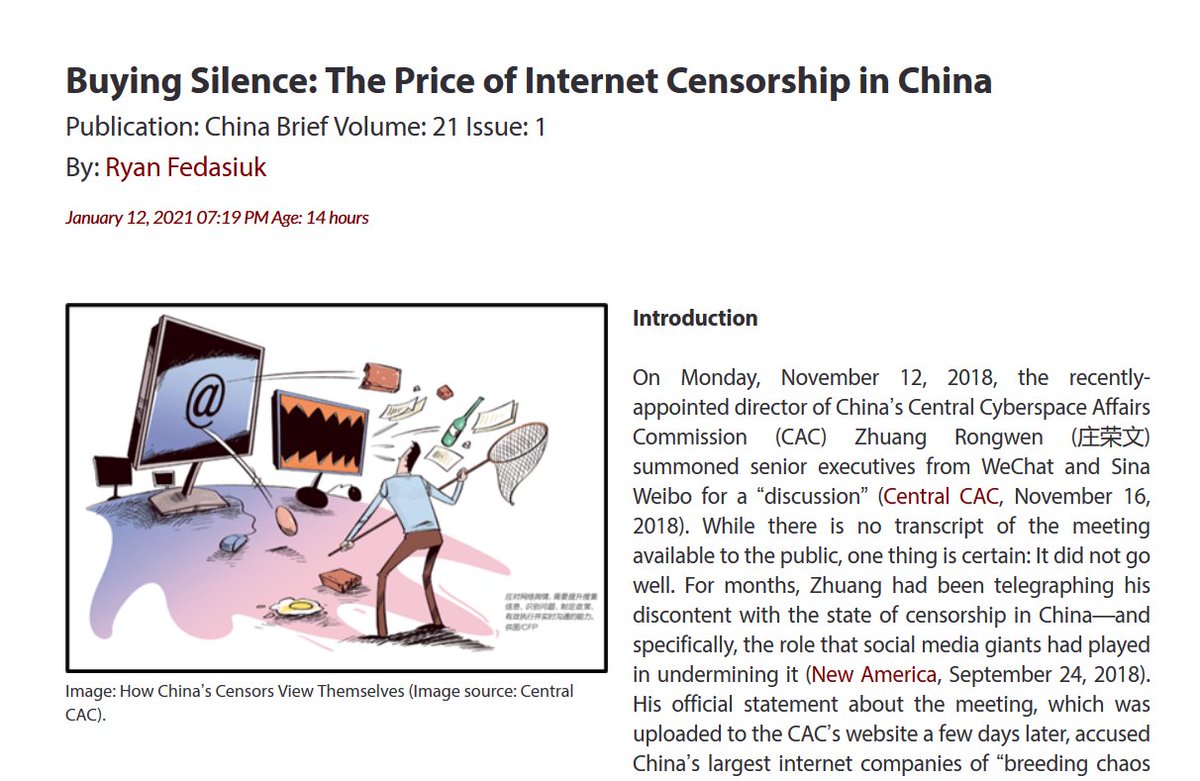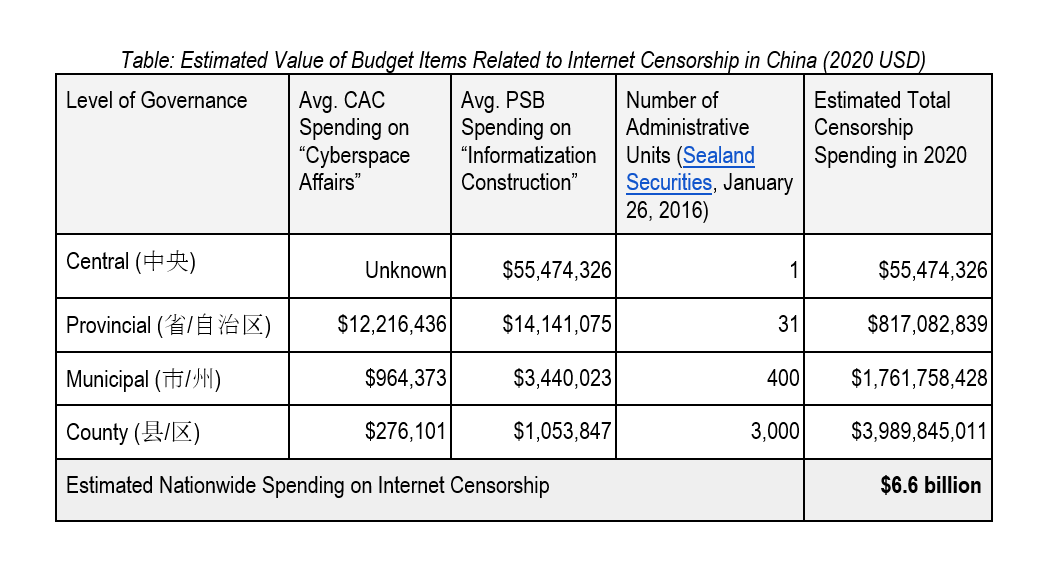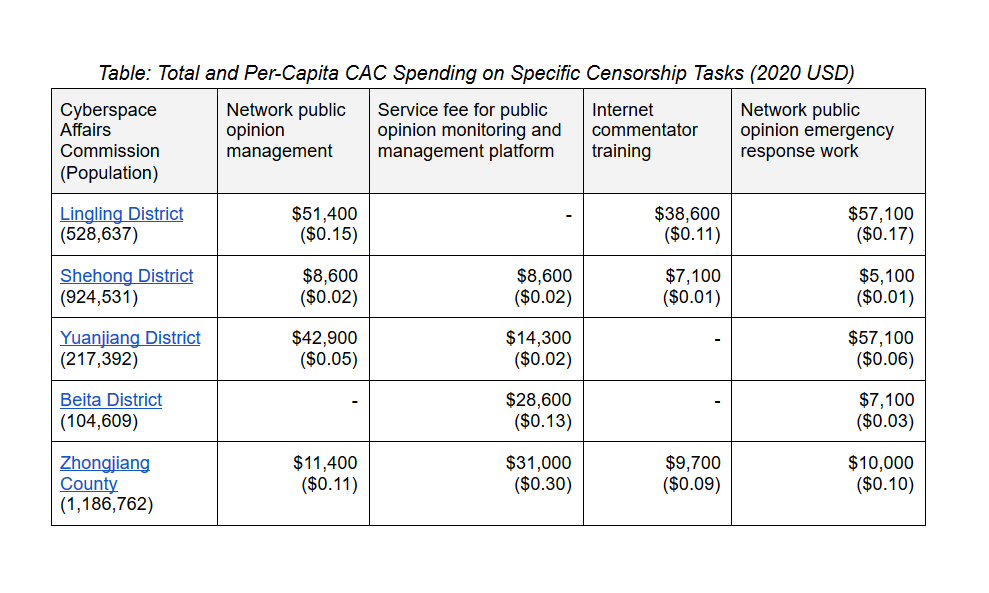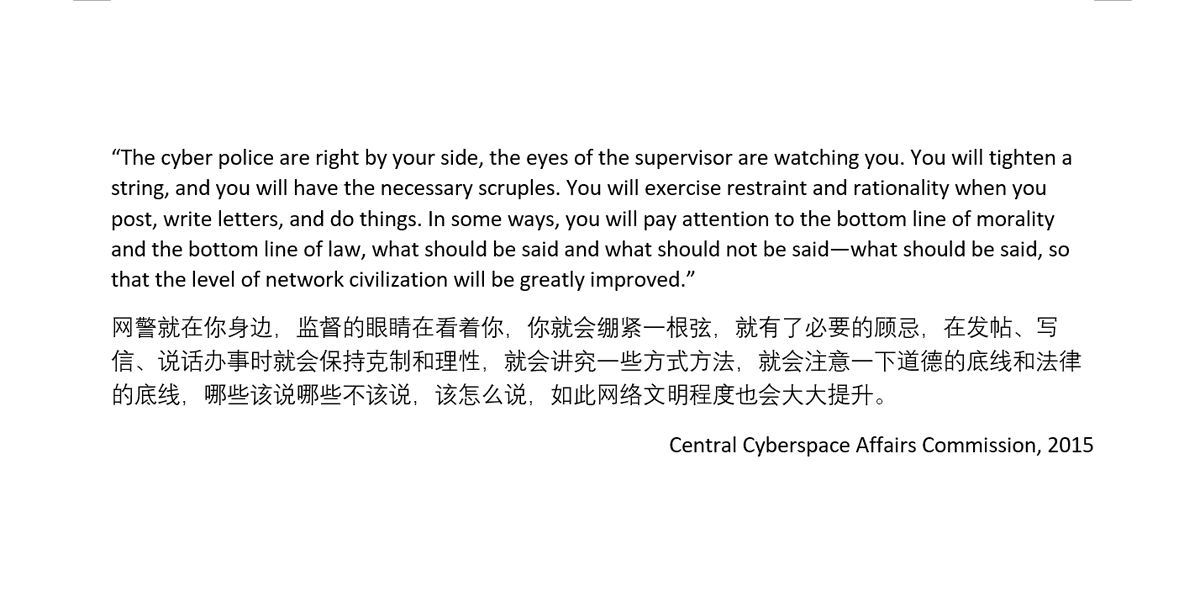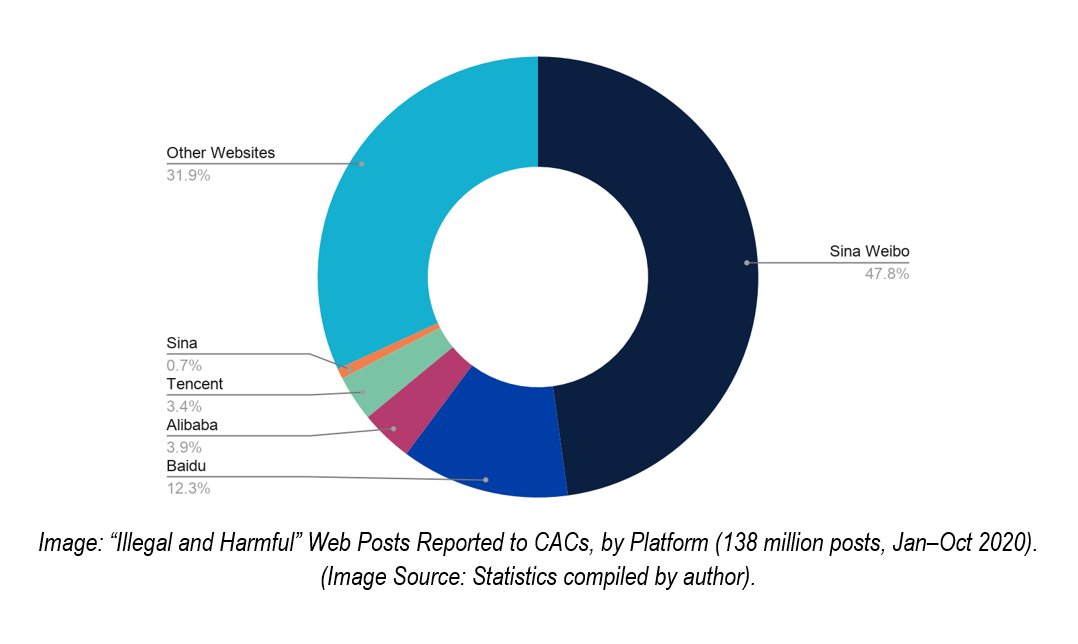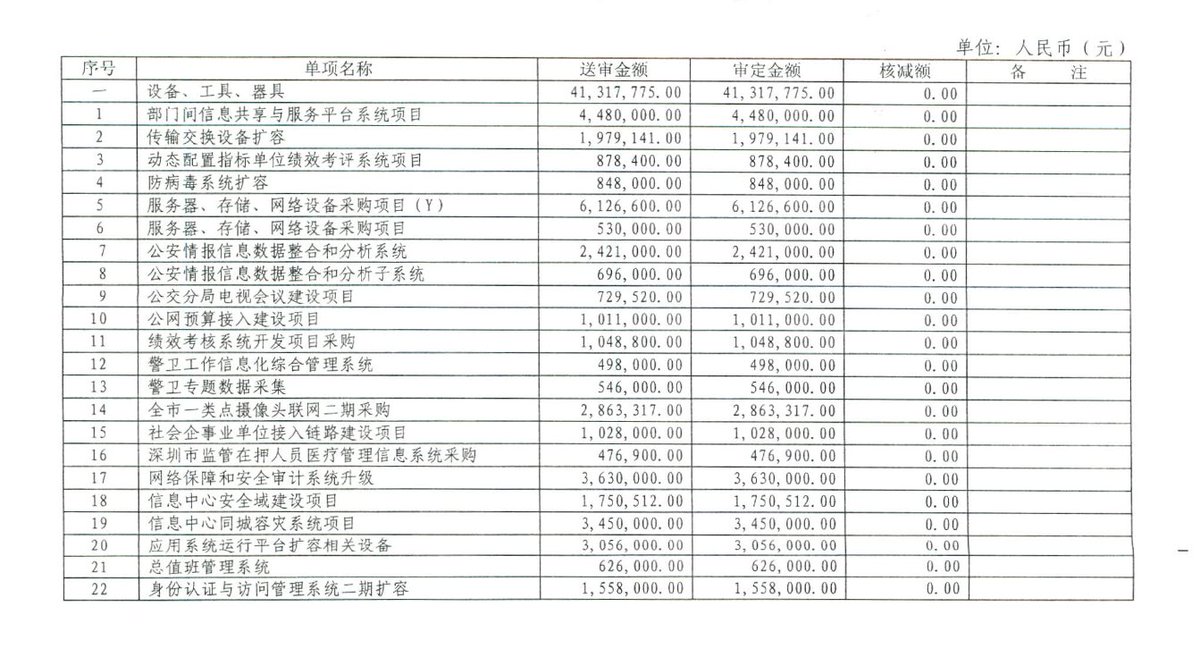In my latest for @ChinaBriefJT, I investigated the budgets of Chinese government and CCP offices responsible for silencing political opponents on the internet.
It turns out silence is expensive—and one of the Party's top priorities (1/9):
https://jamestown.org/program/buying-silence-the-price-of-internet-censorship-in-china/
It turns out silence is expensive—and one of the Party's top priorities (1/9):
https://jamestown.org/program/buying-silence-the-price-of-internet-censorship-in-china/
2/9 As long as I've been alive, Chinese diplomats have occasionally claimed that "There is no censorship in China" & even criticized U.S. internet regulators.
These claims have always been laughable. The CCP's own public budget documents illuminate the scope of censorship.
censorship.
These claims have always been laughable. The CCP's own public budget documents illuminate the scope of
 censorship.
censorship.
3/9 For @ChinaBriefJT, I assessed >85 budget reports & dozens of other docs from Cyberspace Affairs Commissions & Public Security Bureaus.
I estimate these offices spent $6.6 billion USD on related activities in 2020, making internet censorship one of the Party's top priorities.
I estimate these offices spent $6.6 billion USD on related activities in 2020, making internet censorship one of the Party's top priorities.
4/9 As expected, the Ministry of Public Security and (presumably) the Central Cyberspace Affairs Commission (CAC) have the largest budgets of any censors in China.
But *local* offices receive the lion's share (60%) of CCP funding for web content moderation.
But *local* offices receive the lion's share (60%) of CCP funding for web content moderation.
5/9 I dove deep on a handful of county- and district-level CACs.
On average, they spent $0.34 per capita on these 4 censorship activities—including "managing public opinion" and training web trolls.
Not pictured: dozens of other tasks I couldn't code consistently across orgs.
On average, they spent $0.34 per capita on these 4 censorship activities—including "managing public opinion" and training web trolls.
Not pictured: dozens of other tasks I couldn't code consistently across orgs.
6/9 CACs work hand in glove with Public Security Bureaus (PSBs), which operate divisions for internet policing. PSBs are proactive about censorship. They actively monitor chatrooms for speech that violates the law.
Here's what that means, in the Central CAC's own words:
Here's what that means, in the Central CAC's own words:
7/9 In addition to proactive censorship, such as surveillance & packet switching, CACs encourage netizens to report "illegal and harmful information," themselves.
Last year, I counted more than 138 million reports—the majority of which were about content on Sina Weibo and Baidu.
Last year, I counted more than 138 million reports—the majority of which were about content on Sina Weibo and Baidu.
8/9 And, remember the Hu-era Golden Shield Project (金盾工程), which built the Great Firewall? It's still under development.
The current "Phase 3" aims to link internet surveillance data with other information from CCTV camera feeds and biometric databases.
The current "Phase 3" aims to link internet surveillance data with other information from CCTV camera feeds and biometric databases.
9/9 As always, my DMs are open for anyone looking to learn more about this project.
Special thanks to many people at @CSETGeorgetown who reviewed the draft, and to @ChinaBriefJT for editing.
Special thanks to many people at @CSETGeorgetown who reviewed the draft, and to @ChinaBriefJT for editing.
Of interest to @MareikeOhlberg, @Kate_OKeeffe, @BethanyAllenEbr, @niubi, @GreatFireChina, @paulmozur, @citizenlab

 Read on Twitter
Read on Twitter